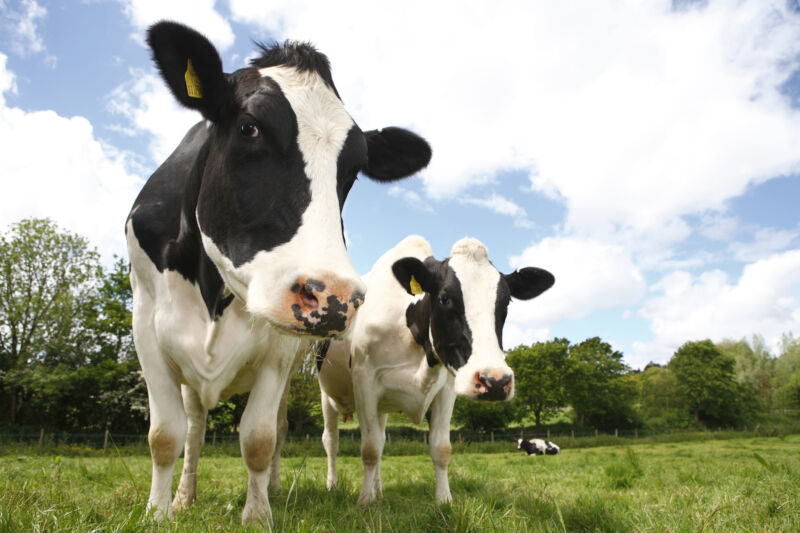
Enlarge / We'd like to replace you with a forest. (credit: Peter Cade)
By shifting to more plant-rich diets, wealthy nations could cut their agricultural emissions by 61 percent—and sequester nearly 100 gigatons of CO2 equivalent if the surplus farmland is left to rewild.
The global food system is the second-biggest source of anthropogenic greenhouse gases (GHGs), accounting for up to a third of emissions. Over half of that number comes from meat and dairy production, despite these sources providing a meager 20 percent of the world’s calories. Wealthy nations drive most of this demand.
A recent study calculated the carbon-saving potential of having these wealthy countries shift away from meat and dairy in a way that would create what the study authors call a double dividend. “Our double dividend means if we change animal-based diets to plant-based diets, we can reduce GHG emissions (dividend one) from direct agricultural production,” explains lead author Dr. Zhongxiao Sun. “The saved agricultural land from diet change can be restored to potential natural vegetation for carbon sequestration (dividend two).”
Read 14 remaining paragraphs | Comments
